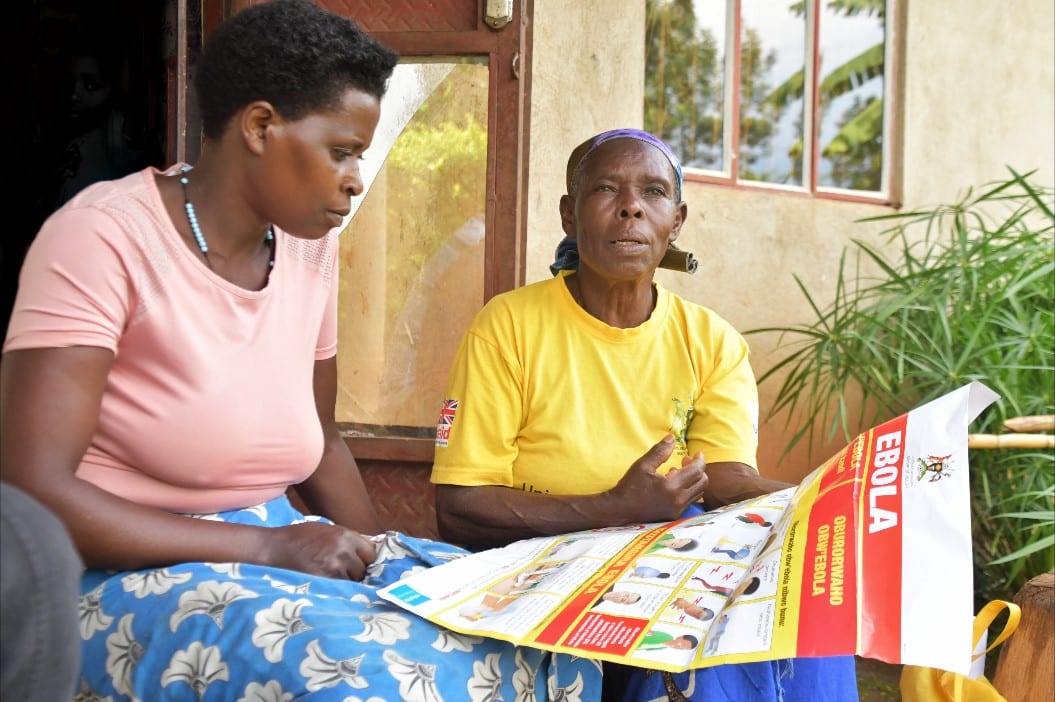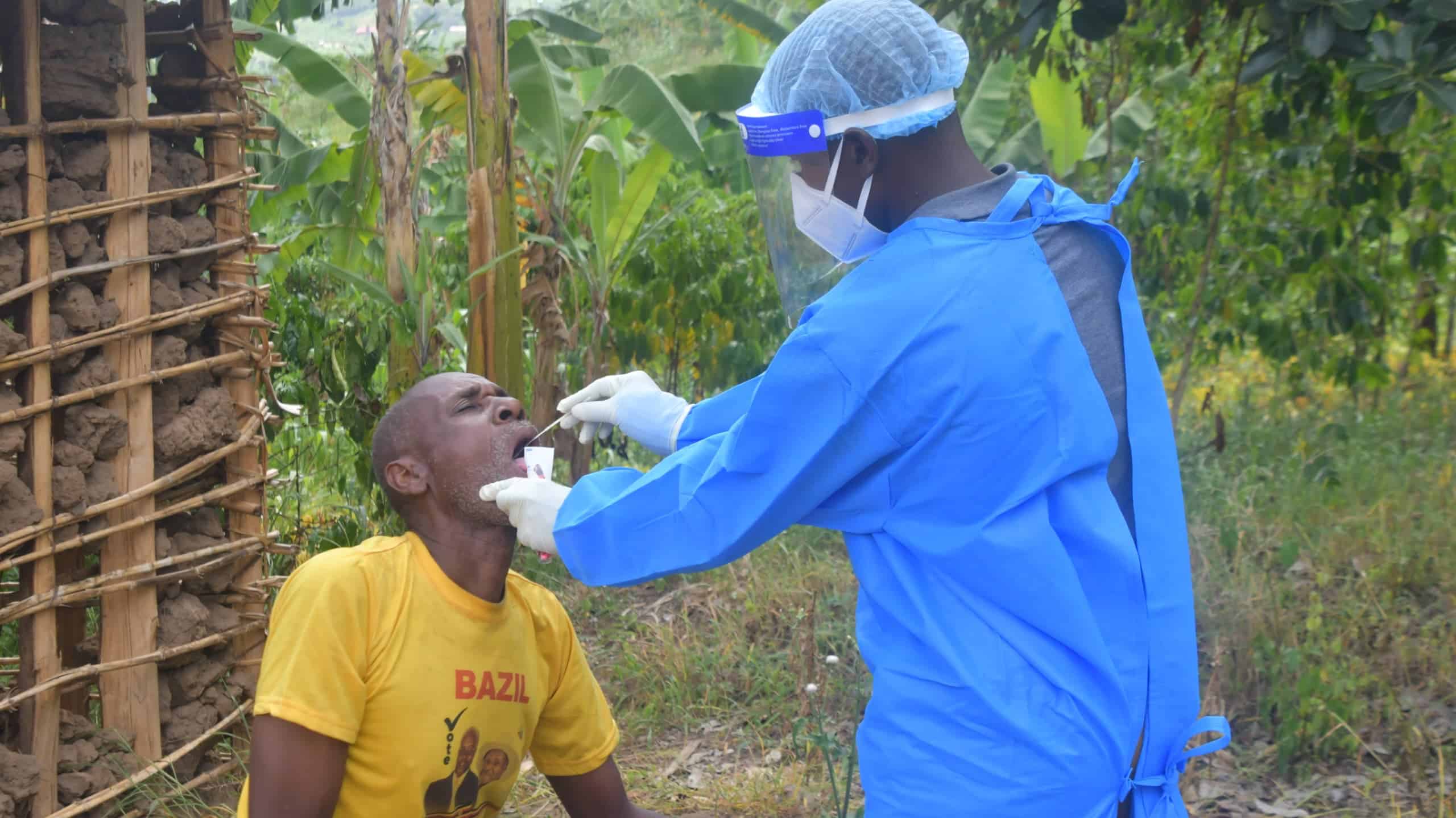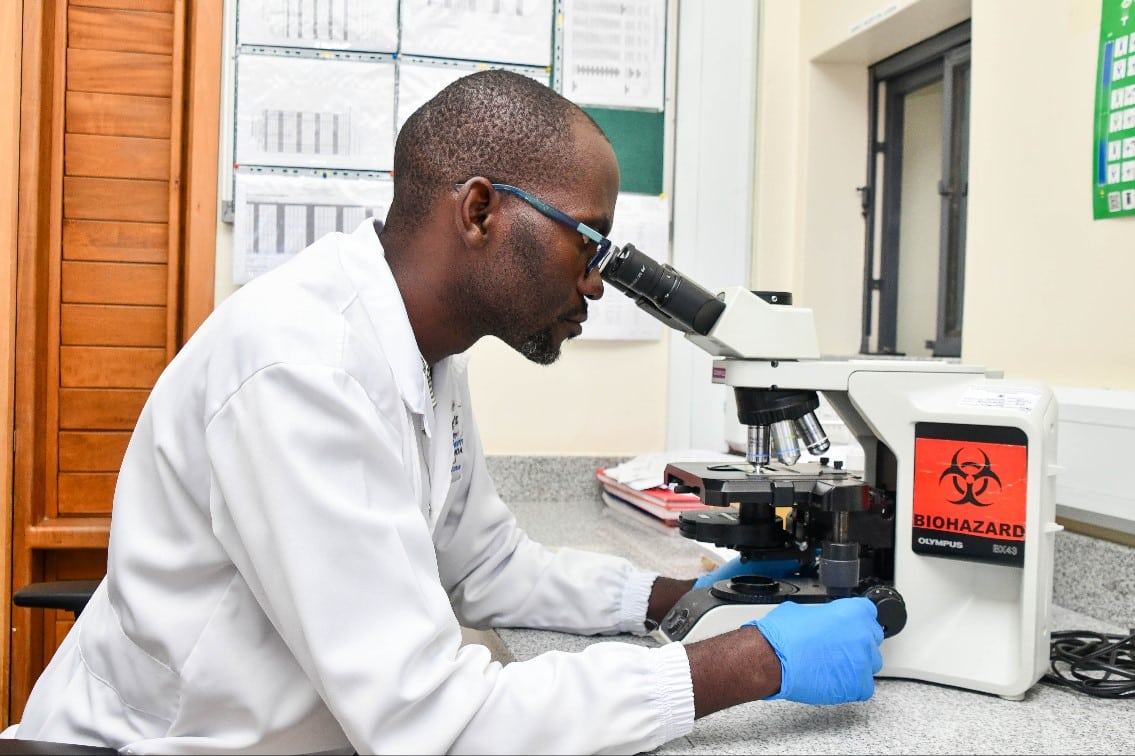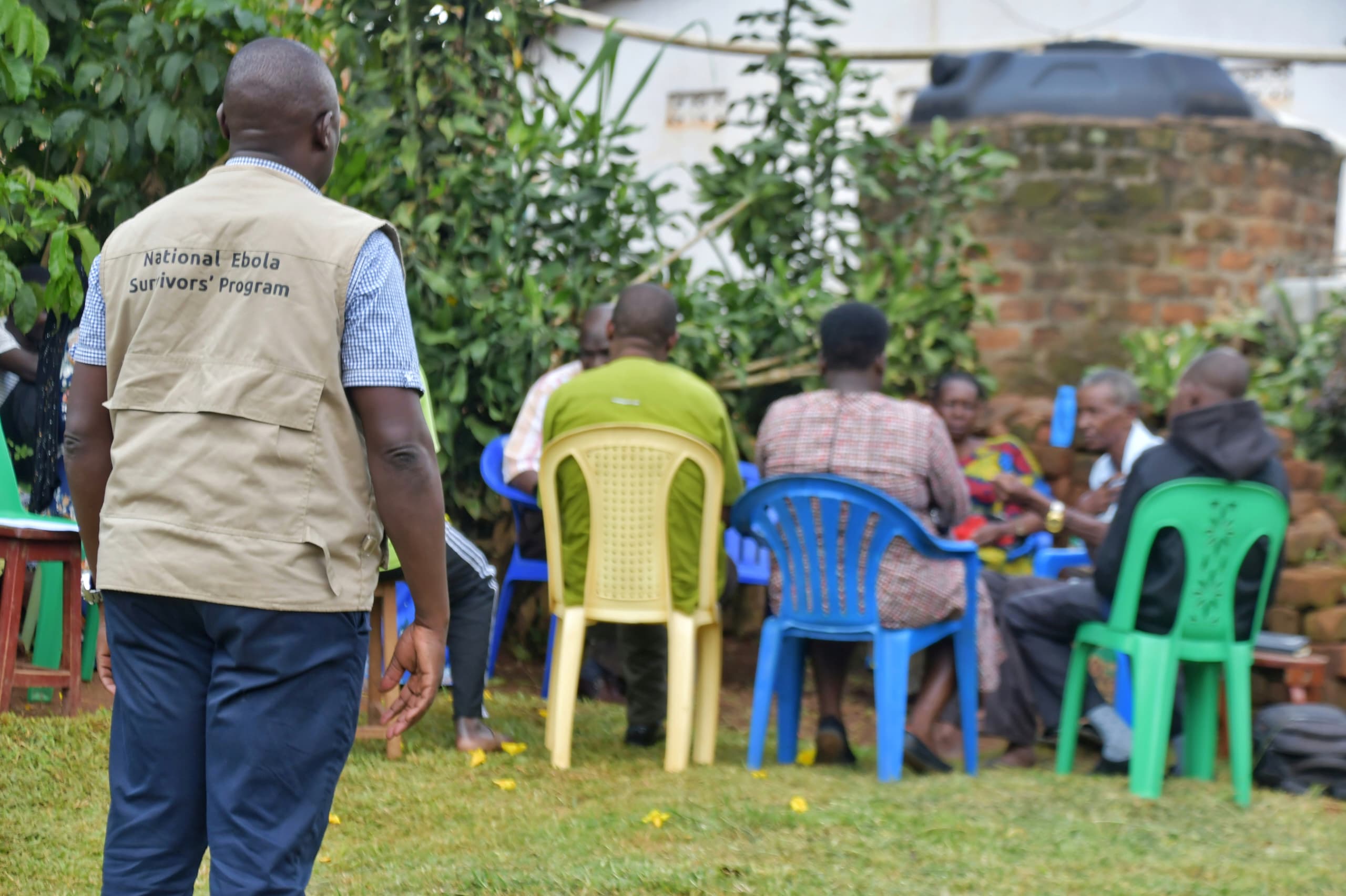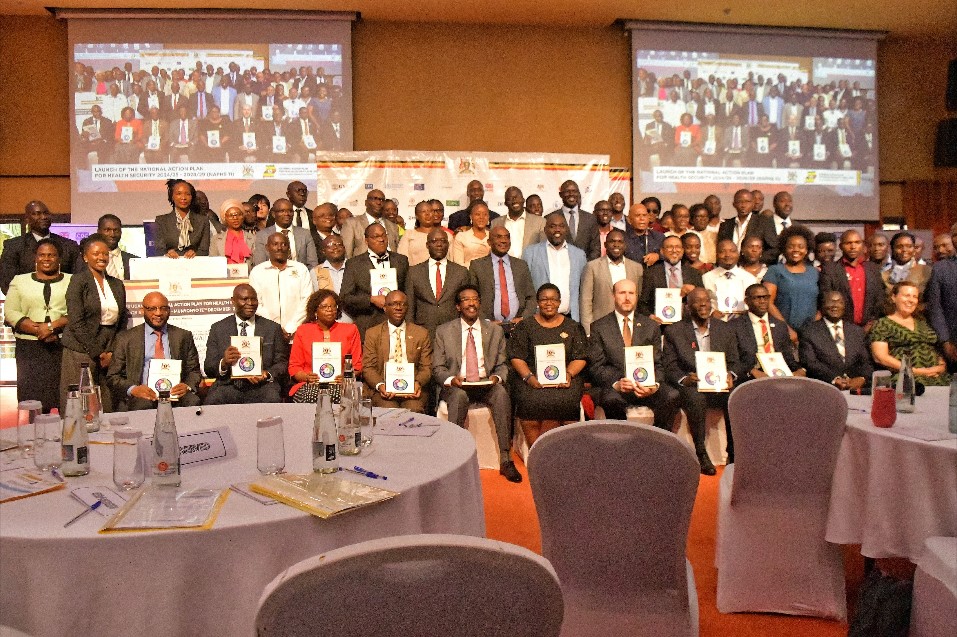In any public health emergency, accurate information and public trust are as critical as medical supplies. Baylor Foundation Uganda (BFU) prioritizes Risk Communication and Community Engagement (RCCE) as a core pillar of its Global Health Security efforts—helping Ugandans to not only understand disease threats through dispelling myths and misconceptions, but also take collective action to stop their spread.
In alignment with the World Health Organization’s (WHO) Strategic Preparedness and Response Plan (2021), we support the Ministry of Health, with funding from our partners, to implement people-centered communication strategies that foster trust, counter misinformation, and inspire behaviour change.
Through multi-channel communication strategies including rural radio, community dialogues and Village Health Team members who conduct door-to door sensitisation, we ensure that communities understand the risks they face and are equipped to respond.
Building Trust at Every Level
BFU works with trusted local figures—teachers, faith leaders, and local officials—to amplify credible health messages in different communities. Our communications combine scientific accuracy with cultural relevance, ensuring that communities are informed and empowered.
Our approach is deeply local. We train health workers and community leaders to share information that resonates—whether it is about Ebola prevention, COVID-19 vaccination, or routine immunization.
This community-first approach reflects global best practices:
“People are at the center of every public health response. When communities are informed and engaged, they become our greatest asset in preventing and controlling outbreaks.”
— World Health Organization, RCCE Action Plan Guidance, 2020
Whether responding to Ebola, COVID-19, or vaccine hesitancy, we do more than broadcast messages—we listen. BFU supports ongoing community dialogues, feedback mechanisms, and rumor tracking, helping health authorities adapt interventions to real community concerns.
